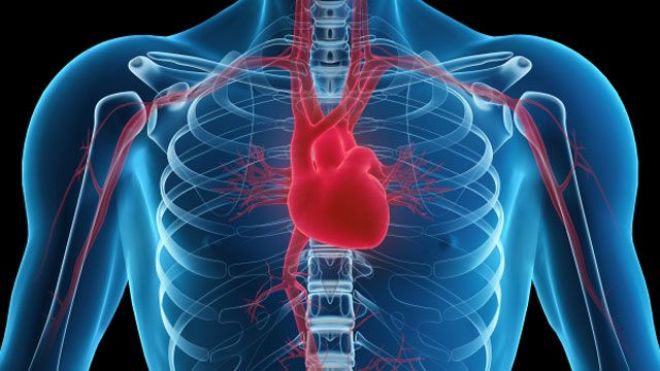More NSAID Heart Risk: These Very Dangerous Drugs Continue to Show How Dangerous They Are

NSAID drugs are dangerous. They have been associated with dramatically raising the risk of a sudden death heart attack and now a recent study has discovered, once you’ve already had a heart attack, NSAID’s raise your risk for another heart attack for 5 years.
The study, published online in the journal Circulation showed that the increased cardiovascular risk with an NSAID use appears to remain constant with time after MI. In other words the NSAID heart risk appears to be similarly elevated at one year post-MI and five years post-MI. The lead study author said “So NSAIDs are still dangerous to patients with a history of MI, even five years after their event. I would say there is no safe treatment window for these patients, and even short-term treatment with an NSAID is hazardous,”. Many patients and doctors are unaware of this risk. The American Heart Association issued guidelines in 2007 discouraging use of NSAIDs in patients with prior MI, but in this study 44% of the MI patients were still taking NSAIDs in 2009. As with prior studies, the safest NSAID drug was Alleve/Naproxen.
The upshot? Stay away from NASID’s and instead, use high dose Omega 3’s to treat your inflammation.

If you have questions or comments about this blog post, please email us at [email protected]
NOTE: This blog post provides general information to help the reader better understand regenerative medicine, musculoskeletal health, and related subjects. All content provided in this blog, website, or any linked materials, including text, graphics, images, patient profiles, outcomes, and information, are not intended and should not be considered or used as a substitute for medical advice, diagnosis, or treatment. Please always consult with a professional and certified healthcare provider to discuss if a treatment is right for you.
